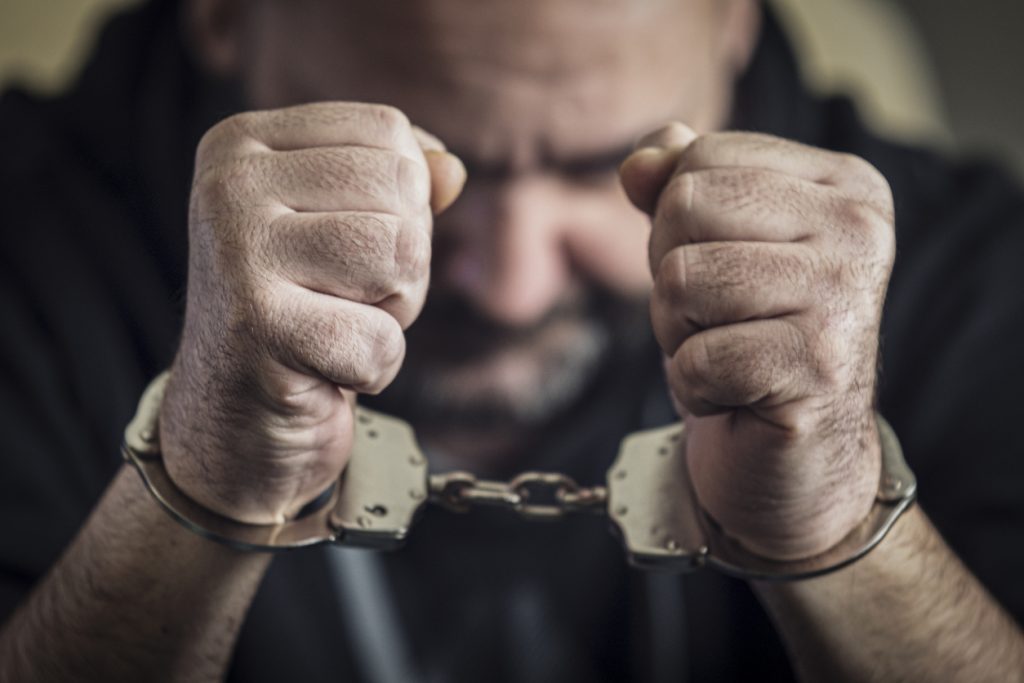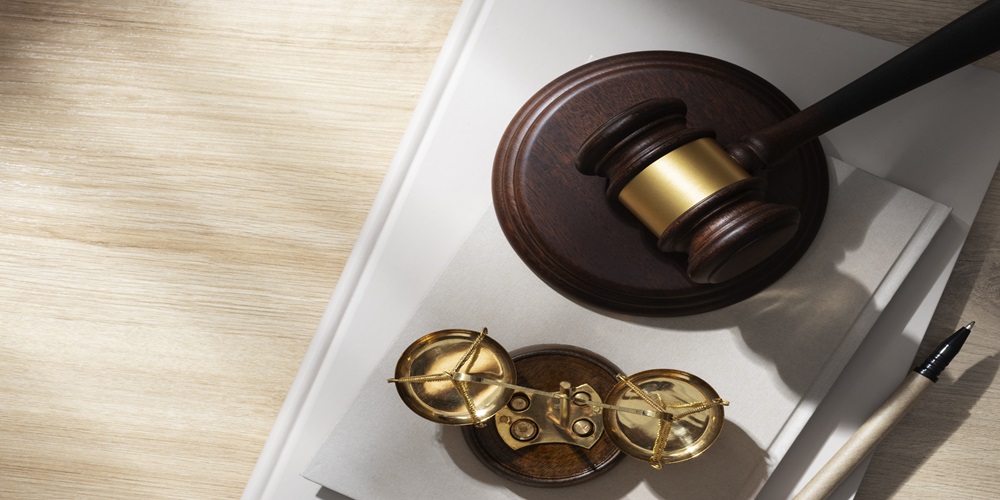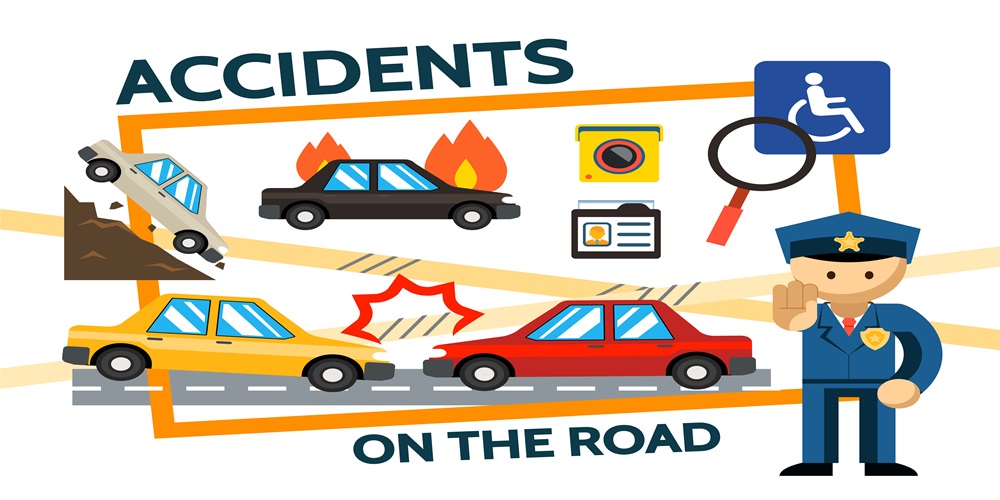What to Do If You Are Arrested For a Crime You Did Not Commit

If you have been arrested for a crime you didn’t commit, you may be feeling confused and overwhelmed by the criminal justice system. Here are some things to remember: Never agree to a police interview, Record your alibi, and collect evidence. Remember, it is important to retain the services of a criminal defense attorney. If you don’t have an attorney, it may be best to hire one immediately.
Working with a criminal defense attorney
If you are arrested for a crime you did not commit, working with a criminal defense attorney is essential. The police create files and documents related to your case. This may include photographs, maps, notes from interviews, evidence logs, and your original police report. It is essential to obtain a copy of this file to present to your attorney. The police file also contains important information about the crime you are suspected of committing, as well as the identity of the victim.
Your criminal record includes details of your arrest, plea, and other legal actions you may have committed. It may also include information about any probation you’ve served. If you’ve been arrested for a crime, the probation officer may have a copy of your record. An experienced criminal defense attorney can help you find out what this record reveals about you. It is crucial to hire an experienced criminal defense attorney to defend you.
Recording your alibi
There are many ways to record your alibi if you are arrested for something you didn’t do. Bank account records and employment records are good examples. Surveillance camera footage is another good example. If you were in a movie theater when the robbery occurred, you can show that you were in the theater, but you weren’t in the parking lot.
If you are accused of a crime, the prosecution will attempt to undermine your credibility by bringing up previous convictions. If you record your alibi, you have a better chance of proving your innocence at trial. If you were caught by mistake, your attorney can use it to defend you. Providing evidence of another person’s identity is a powerful defense in criminal court.
Collecting evidence
If you are arrested for a crime you did not commit, the process of investigation begins. First, a witness or alleged victim may report the crime. Police will investigate the incident and determine who is guilty or not. Sometimes, arrests are made at the scene. Either way, evidence must be collected. Biological evidence consists of debris, blood, skin, hair, semen, saliva, or urine. If there are witnesses, the police may collect these pieces of evidence with cotton tips or other methods. The hair is then collected in an envelope.
The state will use physical evidence collected during the investigation to establish key facts. Evidence must be collected according to recognized standards to ensure its credibility and admissibility. When evidence is improperly collected, it may be contaminated or lost. A good defense attorney will question the integrity of the evidence collection process. Taking proper measures to preserve evidence may result in a mistrial or dismissal of the charges against you.






